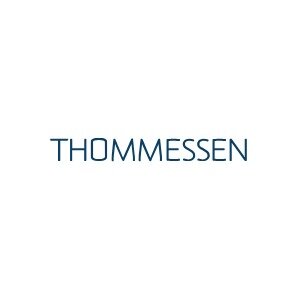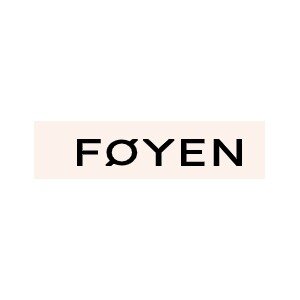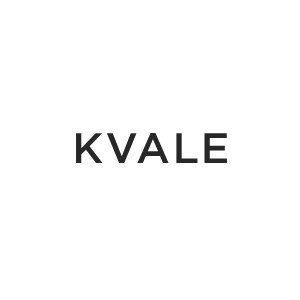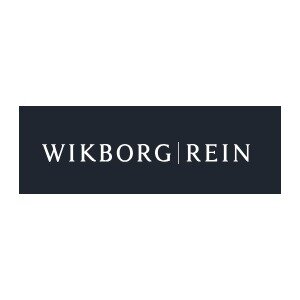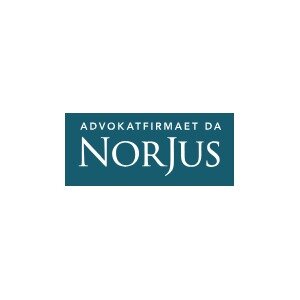Best Trademark Lawyers in Oslo
Share your needs with us, get contacted by law firms.
Free. Takes 2 min.
List of the best lawyers in Oslo, Norway
About Trademark Law in Oslo, Norway
Trademark law in Oslo, Norway, is designed to protect the unique symbols, names, and logos that businesses use to identify their products or services. Trademarks are essential for differentiating offerings in the market and building brand reputation. The legal framework governing trademarks in Oslo is mainly derived from national legislation, including the Norwegian Trademarks Act, and is complemented by EU regulations and international treaties.
Why You May Need a Lawyer
Securing the assistance of a lawyer proficient in trademarks can be invaluable in a variety of situations:
- Registration: Navigating the complex process of applying for and securing trademark registration.
- Infringement Issues: Addressing cases where another party uses your trademark without permission.
- Disputes: Handling disputes related to trademark ownership and usage rights.
- Renewals: Assisting with the periodic renewal of trademarks to keep them legally protected.
- Strategy Development: Advising on comprehensive brand protection strategies.
Local Laws Overview
Trademark law in Oslo is governed by the Norwegian Trademarks Act (Varemerkeforskriften). Key aspects include:
- Eligibility: Trademarks may include words, logos, letters, numbers, colors, sounds, or shapes.
- Registration Process: Applications must be filed with the Norwegian Industrial Property Office (NIPO).
- Validity: A registered trademark is valid for 10 years from the filing date and can be renewed indefinitely.
- Use Requirement: The trademark must be in actual use within five years from the registration date.
- Infringement Protections: Legal provisions are in place to protect trademark holders from unauthorized use.
Frequently Asked Questions
What is a trademark?
A trademark is a sign capable of distinguishing the goods or services of one enterprise from those of other enterprises. It can include words, logos, colors, sounds, and shapes.
How do I register a trademark in Oslo?
You need to file an application with the Norwegian Industrial Property Office (NIPO). This includes selecting the classes of goods or services your trademark will cover and paying the applicable fees.
How long does it take to register a trademark?
The registration process can take between 6 months to a year, depending on the complexity of the application and any opposition periods.
Can I register an international trademark through NIPO?
Yes, you can use the Madrid System to register your trademark internationally. NIPO can assist with the initial application process for international registrations.
What should I do if someone is using my trademark without permission?
Contact a trademark lawyer who can advise you on the appropriate steps, which may include sending a cease and desist letter or taking legal action to enforce your rights.
How often must I renew my trademark?
Trademarks must be renewed every 10 years to maintain their validity. Renewal applications can be submitted to NIPO.
What are the costs involved in registering a trademark?
Costs include the application fee paid to NIPO and any associated legal fees if you choose to hire a lawyer. The fee structure can vary based on the number of classes you select and other factors.
Can I oppose a trademark registration?
Yes, you can file an opposition against a trademark application if you believe it conflicts with your existing rights. Oppositions must be submitted within a specified period after the mark is published.
What happens if my trademark application is rejected?
If your application is rejected, you have the option to appeal the decision. A trademark lawyer can help you navigate the appeal process and present a stronger case.
Is my trademark protected outside of Norway?
Your trademark is protected within Norway upon successful registration. For international protection, you must apply through mechanisms like the Madrid System or file separate applications in each country.
Additional Resources
Several resources are available for those seeking more information or legal help with trademarks:
- Norwegian Industrial Property Office (NIPO): The government body responsible for trademark registration and protection.
- The Association of Norwegian IP Attorneys (NIPLA): For finding qualified IP attorneys in Norway.
- World Intellectual Property Organization (WIPO): For international trademark registration through the Madrid System.
- The Norwegian Trademarks Act (Varemerkeforskriften): Official text for legal reference.
Next Steps
If you need legal assistance with trademarks in Oslo, here are the steps you should consider:
- Identify Your Needs: Determine why you need legal assistance, such as registration, infringement issues, or renewals.
- Consult a Lawyer: Seek recommendations or use resources like NIPLA to find a qualified trademark attorney.
- Prepare Documentation: Gather all necessary documents and evidence related to your trademark or issue.
- Schedule a Consultation: Arrange a meeting with your chosen lawyer to discuss your case and plan the best course of action.
- Follow Legal Advice: Act on the legal advice provided, whether it involves filing applications, sending legal notices, or other actions.
By following these steps, you can effectively protect your trademark and address any legal challenges that arise.
Lawzana helps you find the best lawyers and law firms in Oslo through a curated and pre-screened list of qualified legal professionals. Our platform offers rankings and detailed profiles of attorneys and law firms, allowing you to compare based on practice areas, including Trademark, experience, and client feedback.
Each profile includes a description of the firm's areas of practice, client reviews, team members and partners, year of establishment, spoken languages, office locations, contact information, social media presence, and any published articles or resources. Most firms on our platform speak English and are experienced in both local and international legal matters.
Get a quote from top-rated law firms in Oslo, Norway — quickly, securely, and without unnecessary hassle.
Disclaimer:
The information provided on this page is for general informational purposes only and does not constitute legal advice. While we strive to ensure the accuracy and relevance of the content, legal information may change over time, and interpretations of the law can vary. You should always consult with a qualified legal professional for advice specific to your situation.
We disclaim all liability for actions taken or not taken based on the content of this page. If you believe any information is incorrect or outdated, please contact us, and we will review and update it where appropriate.



